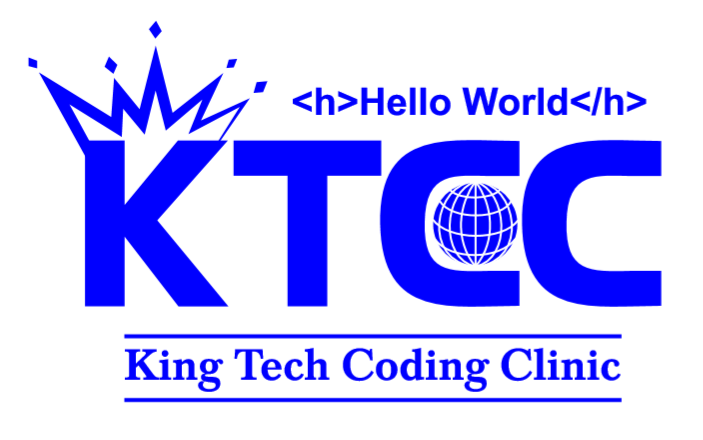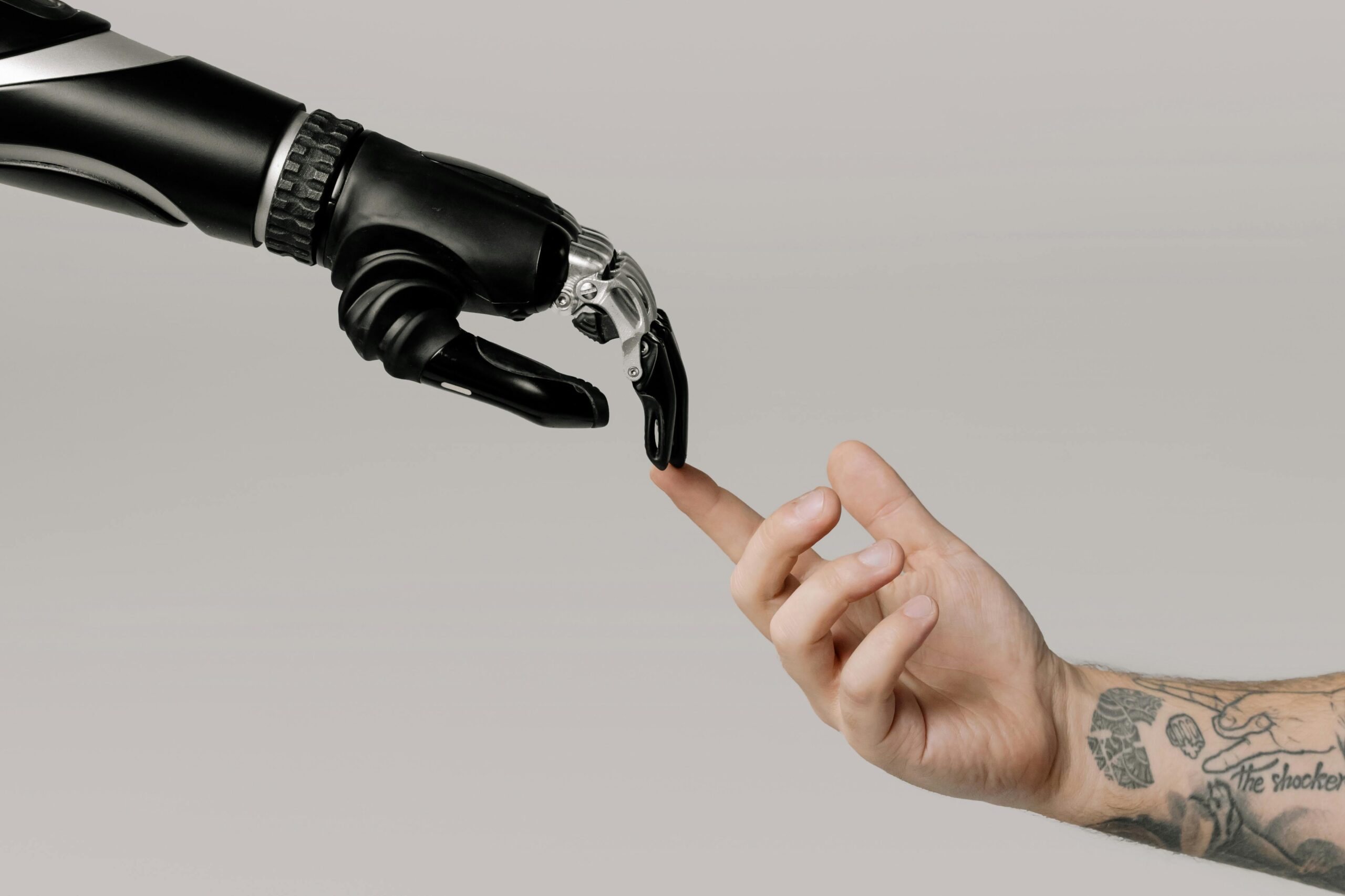In the ever-evolving landscape of technology, the emergence of artificial intelligence (AI) has sparked discussions and debates across various domains, including the realm of writing. As AI continues to advance, fueled by breakthroughs in natural language processing (NLP) and machine learning, questions arise about its potential to replace human writers altogether. This debate is not merely speculative but delves into the core of creativity, expression, and the future of professions reliant on written communication. Understanding the capabilities and limitations of AI writers is crucial for grasping the dynamics of this transformation and its implications for the writing industry at large.
At the heart of this discussion lies the juxtaposition of AI’s efficiency and human creativity. AI writers, equipped with algorithms trained on vast datasets, excel at generating content swiftly and efficiently, often surpassing human capabilities in tasks requiring repetition and data processing. Yet, they lack the nuanced understanding of context, emotion, and the innate creativity that defines human expression. As we navigate the intersection of AI and human writing, it becomes imperative to explore not only the technical advancements but also the unique qualities that make human writers indispensable in shaping narratives, fostering empathy, and connecting with audiences on a profound level.
Table of Contents
Understanding AI Writers
AI writers operate on complex algorithms designed to process and generate text based on patterns derived from vast datasets. These algorithms typically employ techniques such as natural language processing (NLP), machine learning, and deep learning to understand and mimic human language. By analyzing extensive amounts of text data, AI models can learn grammar, syntax, and even the nuances of different writing styles. Additionally, advancements in AI have led to the development of sophisticated language models, such as OpenAI’s GPT series, capable of producing coherent and contextually relevant text across various topics and genres. While the specifics of AI writing mechanisms may vary, the underlying principle remains consistent: the ability to generate text autonomously based on input provided by users or predefined parameters. Through this process, AI writers offer a blend of computational power and linguistic sophistication, enabling them to tackle a wide range of writing tasks with remarkable speed and efficiency.
Capabilities of AI Writers
AI writers possess a unique set of capabilities that make them increasingly valuable in various writing contexts. One of their primary strengths lies in their ability to generate content rapidly and at scale. Unlike human writers, AI models can churn out vast amounts of text in a fraction of the time, making them particularly adept at handling repetitive or data-driven writing tasks. Moreover, AI writers excel at maintaining consistency and adhering to specific style guidelines, which is essential for content creation in industries such as marketing, journalism, and e-commerce. Additionally, AI models can generate content in multiple languages, breaking down barriers to global communication and expanding the reach of written content. Furthermore, AI writers can be trained to specialize in specific domains or topics, allowing for tailored content generation in fields ranging from technical documentation to creative storytelling. As AI continues to evolve, its capabilities as writers are expected to further improve, presenting exciting opportunities for streamlining content creation processes and enhancing productivity across industries.

Limitations of AI Writers
Despite their impressive capabilities, AI writers are not without limitations, particularly when compared to their human counterparts. One significant drawback is their lack of creativity and originality. While AI models excel at generating text based on existing patterns and data, they struggle to produce truly innovative or imaginative content. This limitation becomes especially apparent in tasks that require creative thinking, nuanced storytelling, or the ability to evoke emotion. Furthermore, AI writers often face challenges in understanding context and interpreting subtle nuances in language, leading to instances of inaccuracies or misinterpretations in their output. Additionally, ethical concerns surrounding AI-generated content have surfaced, including issues related to plagiarism, bias, and the potential misuse of AI to spread misinformation or manipulate public opinion. As AI writers continue to evolve, addressing these limitations will be crucial to ensuring their responsible and effective integration into various writing contexts.
The Role of Human Writers
Human writers play an irreplaceable role in the writing landscape, bringing to the table a unique blend of creativity, empathy, and critical thinking that distinguishes their work from that of AI writers. One of the most notable contributions of human writers is their ability to infuse their writing with creativity and originality, crafting narratives that resonate deeply with readers and spark meaningful conversations. Human writers excel at capturing emotions, experiences, and perspectives in ways that AI writers struggle to replicate, fostering connections and empathy among audiences. Moreover, human writers possess the adaptability and critical thinking skills necessary to navigate complex topics, interpret diverse viewpoints, and craft nuanced arguments. Their ability to understand context, anticipate audience reactions, and tailor their writing accordingly adds depth and authenticity to their work, making it more engaging and impactful. As such, while AI writers may excel in certain aspects of content generation, the unique qualities of human writers ensure their continued relevance and indispensability in shaping the written word.
Collaboration Between AI and Human Writers
The collaboration between AI and human writers presents a promising synergy that combines the computational prowess of AI with the creative intuition and nuanced understanding of human writers. By leveraging AI tools for tasks such as data analysis, research assistance, and content generation, human writers can streamline their workflow and focus their efforts on higher-order tasks that require human ingenuity. AI can assist in sifting through vast amounts of data, identifying trends, and generating initial drafts, providing a valuable starting point for human writers to refine and enhance. Moreover, AI can augment human creativity by offering inspiration, suggesting alternative perspectives, or even generating ideas based on patterns extracted from diverse sources. Through this collaborative approach, human writers can harness the efficiency and scalability of AI while retaining their unique ability to infuse their writing with emotion, empathy, and originality. Additionally, by incorporating human oversight and editorial guidance, the collaboration ensures that AI-generated content meets quality standards and aligns with the intended message and audience.

Potential Impacts on the Writing Industry
The potential impacts of AI on the writing industry are multifaceted, promising both opportunities and challenges. One significant impact is the transformation of job roles and demands within the industry. As AI becomes increasingly adept at automating routine writing tasks, there may be a shift in the skill sets required of writers, with a greater emphasis on strategic thinking, creative problem-solving, and collaboration with AI systems. For example, content creation platforms like ContentBot and Writesonic empower users to generate blog posts, product descriptions, and social media content with minimal human intervention, leading to a reevaluation of traditional writing roles. Additionally, the rise of AI-generated content raises questions about the future of writing professions, such as copywriting and content marketing. While some fear job displacement, others see opportunities for writers to specialize in areas where human creativity and expertise are indispensable, such as storytelling, brand voice development, and content strategy. Therefore, as AI continues to reshape the writing landscape, writers need to adapt to new technologies and explore innovative ways to collaborate with AI systems effectively.
The Future Outlook
The future outlook regarding the relationship between AI and human writers is dynamic and complex, marked by both collaboration and competition. Predictions suggest that AI will continue to play an increasingly prominent role in content creation, with advancements in natural language processing and machine learning driving the development of more sophisticated AI writing tools. For example, OpenAI’s GPT-4 model, anticipated to surpass its predecessors in terms of language understanding and generation capabilities, could revolutionize the way content is created and consumed across various industries. Moreover, as AI becomes more integrated into writing workflows, we can expect to see new hybrid roles emerge, where writers collaborate closely with AI systems to produce high-quality content efficiently. However, this evolution also raises ethical considerations and societal impacts, such as concerns about job displacement, algorithmic bias, and the preservation of human creativity in the face of automation. Therefore, as we navigate the future of writing in the age of AI, it is essential to approach these developments with careful consideration, balancing the potential benefits of AI with the need to uphold ethical standards and safeguard the integrity of written communication.
Conclusion
In conclusion, the question of whether AI writers will replace human writers is multifaceted and nuanced, with the answer lying in the interplay between technological advancements, human creativity, and societal values. While AI writers offer remarkable capabilities in terms of efficiency and scalability, they currently fall short in areas requiring emotional intelligence, creativity, and contextual understanding. Therefore, rather than viewing AI as a threat to the writing profession, it should be seen as a tool to augment human capabilities and streamline content creation processes. By embracing collaboration between AI and human writers, we can harness the strengths of both entities to produce content that is not only informative and engaging but also reflective of human experiences and values. Moving forward, writers need to adapt to the evolving technological landscape, while also advocating for ethical standards, diversity, and the preservation of human creativity in the age of AI. Ultimately, by fostering a symbiotic relationship between AI and human writers, we can unlock new possibilities for innovation and storytelling while maintaining the essence of what makes writing a uniquely human endeavor. You can also check the Top 4 AI Tools You Need in 2024




